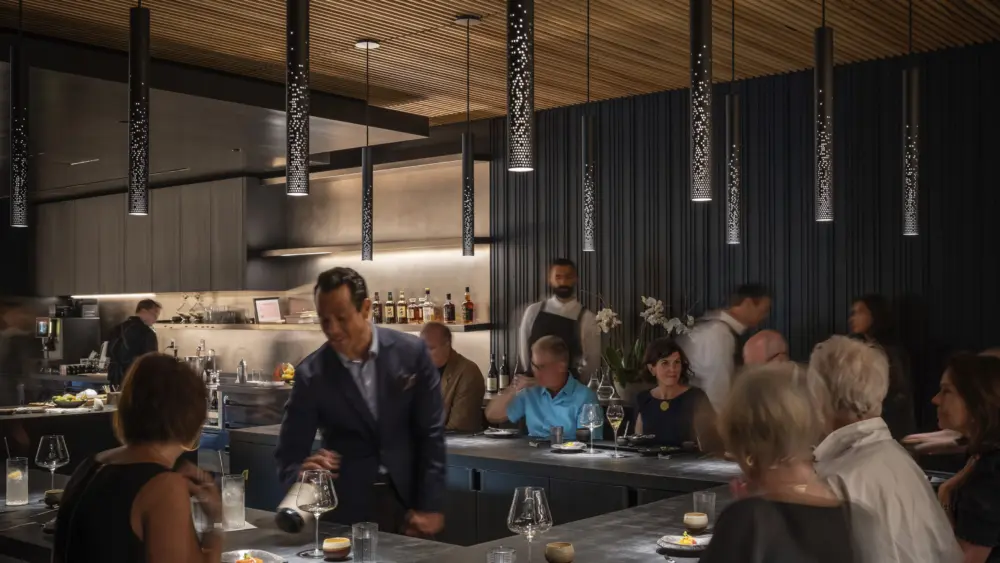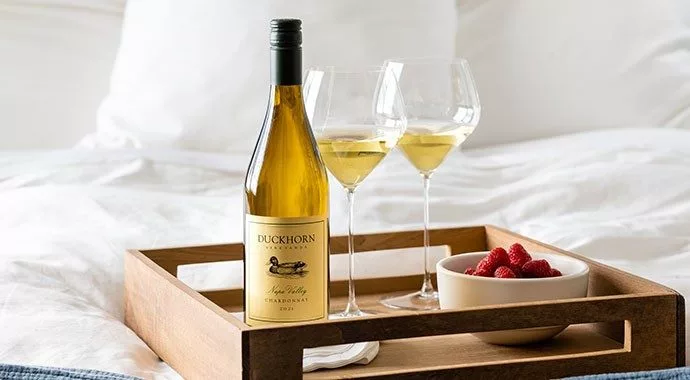Stop the presses! I’ve actually found a winery in Sonoma County that’s proud to be here—they actually put the following phrase on their front label: “Proud to be a Sonoma County winery.” Can you actually believe the great people, Keith and Joanne of Quaking Hills Winery in Alexander Valley, put that on their label? A big toast to them!!!
With summer now passed, I need to review what I’ve learned, starting with bicycles. I’d like to suggest a reasonable $100 registration fee per year. This fee could be put toward road maintenance and, perhaps, a class that teaches the definition of “single file.” I think it would make riders feel better, since they’ll no longer feel guilty about using something they think they already own—namely the roads, which are already hazardous just for cars.
This topic always reminds me of the stories I would hear in class, told by winery tasting room personnel and their relationships with the bicycle population. Imagine arriving at work on a Sunday morning at about 10 a.m. You’re getting ready for the day’s activities by cleaning glasses, shining the bar and opening wines. As you look out the window, you suddenly see a group of about 30 bicyclists all heading toward you. Just what you needed to start the day.
So you ask, “What’s the problem?” Not much, really, but you’ll need to be ready with an answer to their first question: “Where’s the bathroom?”
Having answered that, you’ll then need to get ready to perform your real function as a tasting room person, which is public relations, not selling wine. Your chance of selling any wine is pretty slim, since (first of all) it’s very difficult to carry a case of wine on a bike and (second) their pants are so tight that if a credit card were even there you’d be able to read the numbers. Oh well—you just have to hope that when they load their bikes back onto their Lexus hybrid SUV and return to the land of peacock feathers, they’ll remember you in a positive light and buy your wine on their next shopping trip. If so, you’ve done your job!
Just as a matter of interest, how does a designated driver fit into the bicycle scene? As a student at UC Davis, I remember being told in the very first winemaking lab of the semester that there was a $35 fine for drunk bicycle riding, so we should watch ourselves in the lab and/or walk our bicycle home. (I know you’re wondering if I ever got that ticket, and the answer is no. It wasn’t that I didn’t do it, just that I was never caught. I guess sometimes it’s better to be lucky than smart.)
I’ve been saying for a while that, with the possible exception of the Gallo people, the wine industry isn’t very good at developing new wine consumers through advertising and marketing. As I scratch my head and wonder what we can do to improve, I keep getting visions of supposedly smart people spending good money for something that’s free (it’s called water)—and to cap the issue, we’re now finding out that the plastic bottle it comes in may be a hazard to your health.
Anyone who knows me will vouch for the fact that I’ve never wasted good money on a free product in a hazardous plastic container. But couldn’t the wine industry learn something from this reasonably recent phenomenon of intelligent people buying something that’s available for free?
Since millions of people are into wasting money on water, why in the world can’t we get them to drink wine instead, since it’s good for us (in moderation)? The wine industry has looked into using plastic for wine bottles, but not with any real success. If people will drink free water from a plastic bottle, then why not wine? If that won’t work, maybe we’ll have to start selling water and wine in disposable paper bags to save our environment.
Come on wine industry—let’s learn how to do this marketing thing! I guess if we want free wine, we’ll have to go to Europe where EU countries are being told to sell 15 million gallons for distillation into biofuel. It’s not a biofuel shortage that’s prompting the move, but a major surplus of wine. Maybe in Europe they should say something like, “Free wine, but buy water!” That has a nice ring, but I’m afraid we’d have trouble selling the idea. As a matter of interest, was it against the law to merely sell alcohol during prohibition, or was it equally illegal to consume it?
In closing, I need to know if you pay real close attention and keep very quiet, whether you hear the multitude of Pinot Noir producers digging a hole to be buried in. Many of you know I’m not a lover of Pinot Noir anyway, but I’ve tasted several in the last few months that have taught me that style has a whole lot more meaning than I ever thought. It’s a fact that history repeats itself, and I think that may be what’s happening. I had one in the company of a couple of well-known winemakers, and we all agreed it was great—if it was a Zinfandel! Perhaps the term “big Pinot Noir” is in reference to the Parkerization of wine, where they need to be giant killers to get those cherished scores in the high 90s. More on this topic soon.
Alright, now go do your homework, and while drinking your bottle a day, figure out what would happen if all wine was Pinot Noir sold in an environmentally friendly paper bags. Here’s your chance to be a millionaire…like the inventor of the hula hoop.



